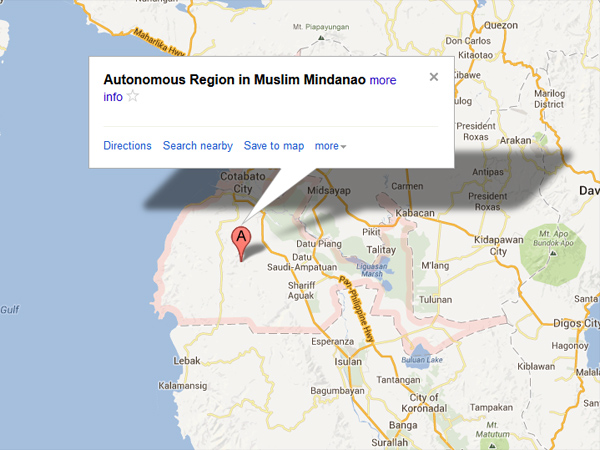
Myra Alih, secretary of the Department of Science and Technology in the ARMM, said 10 more weather stations would be installed across the provinces of Maguindanao, Lanao del Sur, Tawi-Tawi, Basilan and Sulu in the coming days as the region has been identified as the pilot area in Mindanao for Project Noah (Nationwide Operational Assessment of Hazards).
Project Noah will be officially launched in the five-province region on Monday with the formal turnover of the 26 weather stations, according to Alih.
Alih said the weather stations were armed with advanced hydro-meteorological devices, hybrid automated weather stations, wind monitoring systems, automated rain gauges and water level monitoring systems.
“These equipment will be used to gather data used in predicting emerging weather disturbances, and also for long-term research, particularly on climate change-related issues,” she said.
Alih said the local government units in areas where the weather stations were installed mandated to allocate five percent of their calamity fund to secure and maintain the equipment.
The public can also easily access data generated by the weather stations through the phone and the Internet.
“The application is very sophisticated because it can show updated data every 15 minutes,” Alih said.
Laisa Alamia, ARMM executive secretary, said installation of the weather stations was a booster for the ARMM disaster preparedness plan.
“Project Noah could provide us with crucial data that can help us manage the risks posed by weather-related phenomena,” she said.
RELATED STORIES:
ARMM to send aid to Visayas provinces wrecked by ‘Yolanda’
ARMM girds for return of illegals
ARMM says it’s keeping ‘ghosts’ off payrolls


